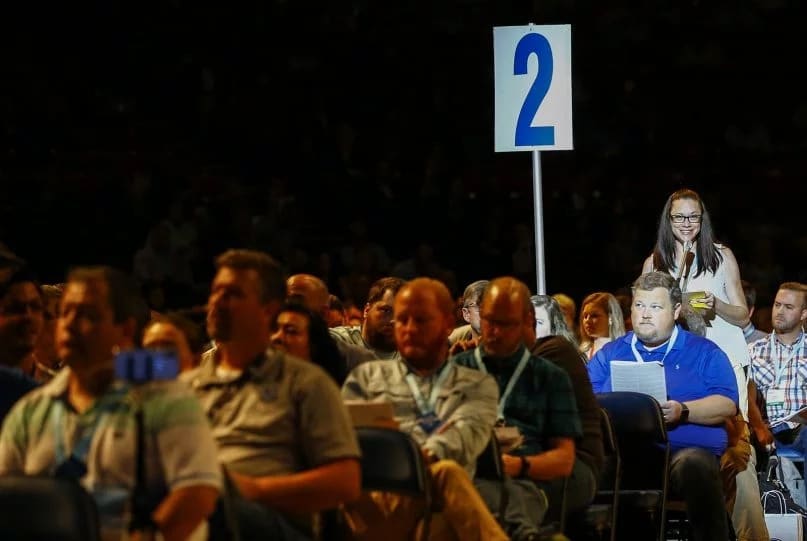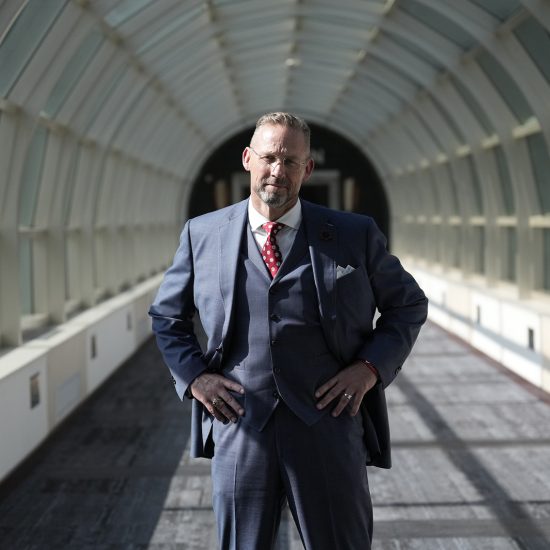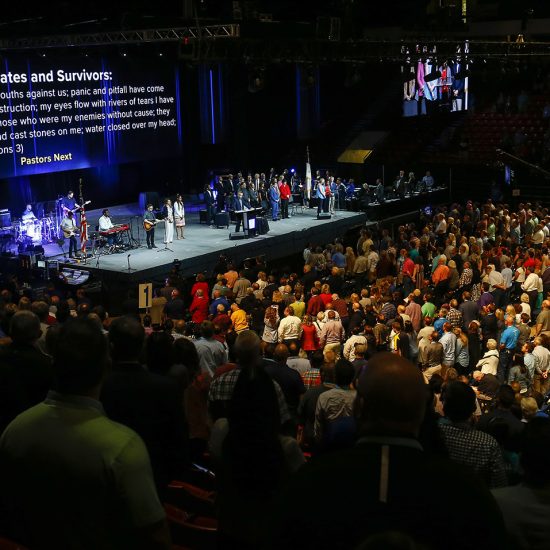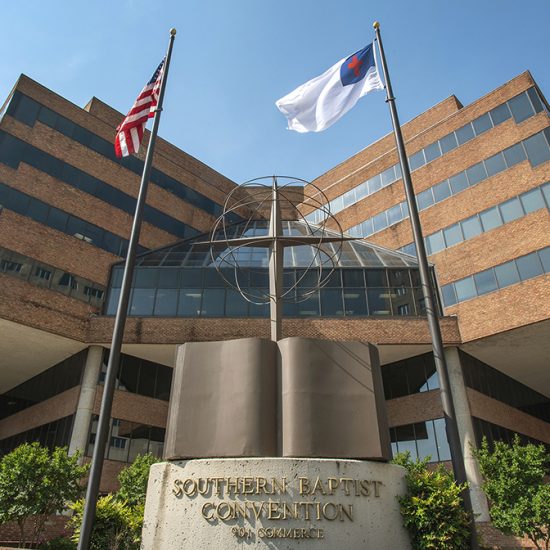
Todd Littleton knows he faces nearly impossible odds at this week’s annual meeting of the Southern Baptist Convention.

Todd Littleton
The longtime pastor of Snow Hill Baptist Church in Tuttle, Oklahoma, Littleton has become increasingly disturbed by the attitudes of many in the convention towards Critical Race Theory and racial reconciliation. So, amid a flurry of resolutions decrying the supposed incompatibility of CRT with the Baptist Faith & Message 2000, Littleton decided to submit his own proposal calling on Southern Baptists to recognize structural racism and oppression as societal evils fundamentally incompatible with the Christian faith.
If approved, Littleton’s resolution would effectively reaffirm and expand the controversial Resolution 9. Adopted during the 2019 annual meeting, Resolution 9 called for the limited use of Critical Race Theory as “an analytical tool” to aid in the work for racial reconciliation.
Since its adoption, Resolution 9 has been the source of fierce and far-reaching backlash. In early 2020, at least partially in response to the resolution, the Conservative Baptist Network formed, citing growing concerns over a perceived leftward drift in the convention. Eight months later, a statement signed by all six Southern Baptist Seminary presidents declared CRT to be incompatible with the Baptist Faith & Message 2000. Recently, in the run-up to this week’s annual meeting, at least three prominent anti-CRT resolutions have been proposed calling for the reversal of the SBC’s 2019 position.
Littleton’s resolution stands out against this backdrop of criticism, invoking Scripture and the Baptist Faith & Message to challenge Baptists to embrace CRT as a tool in racial reconciliation. Pushing back against last year’s Seminary President’s statement, the resolution argues that structural racism and oppression, not CRT, are the true evils standing in opposition to the Baptist Faith and Message. Ultimately, the statement calls on Baptists to muster the resolve to “thank God for his common grace at work in society to reveal evil” and humbly support “legal challenges necessary to change laws, thereby bringing a more just and biblical society.”
For Littleton, the battle for racial reconciliation is more than just a political issue. From his childhood growing up in newly integrated Oklahoma schools to his more recent experience coaching a majority African American high school basketball team, life experiences have taught him to see race as a fundamentally human concern.
“We don’t think about the people,” Littleton said. “Instead, we opt for ideas that are really just personal preferences.”
Held in the wake of the high-profile departures of Beth Moore and Russell Moore and embroiled in scandal long before its opening gavel, this year’s annual meeting promises to be surrounded by a cloud of controversy. Like many Southern Baptist leaders, Littleton sees it as a watershed moment in which Southern Baptists will decide how to address — or ignore — a whole host of critical issues from financial accountability and sex abuse to the ordination of women and Critical Race Theory.
As Littleton sees it, though, these are not separate issues, rather symptoms of one overarching problem that has dominated Southern Baptist life for decades.
“I think all these are related. It’s all about the subordination of non-White males,” he explained. “What we’re seeing right now is the way that a structural system works to maintain the status quo.”

A messenger speaks to a motion during the annual meeting of the Southern Baptist Convention in Birmingham, Alabama, on June 12, 2019. (Butch Dill/Religion News Service)
Tackling these power structures from the angle of racial reconciliation, Littleton’s resolution appeals to the Baptist Faith & Message, building a case for racism as both a personal and corporate sin. It calls on two historic Baptist convictions found in Article 15, arguing that “every Christian should seek to bring industry, government, and society as a whole under the sway of principles of righteousness, truth, and brotherly love” and challenging Southern Baptists to “be ready to work with all men of goodwill in any good cause.”
“I don’t know how you have this kind of controversy over CRT,” Littleton explained. “(Article 15) is actually saying that we ought to be open to common grace in public spaces and work with people towards the well-being of others. It’s right in our own confessional document.”
Recognizing that “society sinfully groups people in man-made hierarchies, Littleton’s resolution reaffirms Critical Race Theory as a gift of common grace to help Christians “understand how race has and continues to function in society.” Addressing detractors who would cordon off CRT as a product of secular influence, Littleton recounts the SBC’s long history of borrowing from culture. He finds it disingenuous that many are now so uneasy about embracing CRT simply because it is rooted in secular academia.
“We’ve never ever done that with anything else that Southern Baptists have harvested from culture,” he explained. “I did my D.Min. at Southwestern, and in leadership studies, no one ever gave a caveat that said, ‘hey, this guy’s not a Christian, so be careful.’”
Littleton is realistic about his chances of seeing the resolution adopted at the annual meeting. He says, however, that winning a majority vote was never the primary goal of his efforts. Instead, he hopes to stir up better thinking he feels is desperately needed in the SBC right now.
“Years ago, we had this massive split that was allegedly about the Bible,” he explained. “But then we conveniently continued to do what we’ve always done; inerrantize our interpretation so we can ignore what it says.”
Littleton’s statement pushes back against this kind of Scriptural malpractice, building an air-tight case that a renewed focus on equity, racial reconciliation, and social justice is not symptomatic of a “leftward drift” in Southern Baptist life but a re-emergence of historic Christian principles that have been all but forgotten in recent decades.
Win or lose, it serves as a stark warning to Southern Baptists that structural racism and oppression are always fundamentally incompatible with Christian faith. Even if this warning fails to capture enough votes at this week’s annual meeting, it will have been a success if it captures the attention of people of faith and challenges them to promote equity and racial reconciliation.
Jason Koon is as an ordained Baptist minister who writes at the intersection of faith and political action. He lives in western North Carolina with his wife and two teenage daughters. His “Almost Ex-Evangelical Blog” can be found at jason-koon.com






